Is Capital.com Safe for Traders?
Abstract:In online trading, danger rarely arrives with flashing red lights. More often, it hides behind a sleek, professional-looking platform with just one click away from taking your deposit and disappearing into the digital shadows. Today, the broker under WikiFX’s spotlight is Capital.com. Keep reading to discover whether it’s truly as safe as it seems.
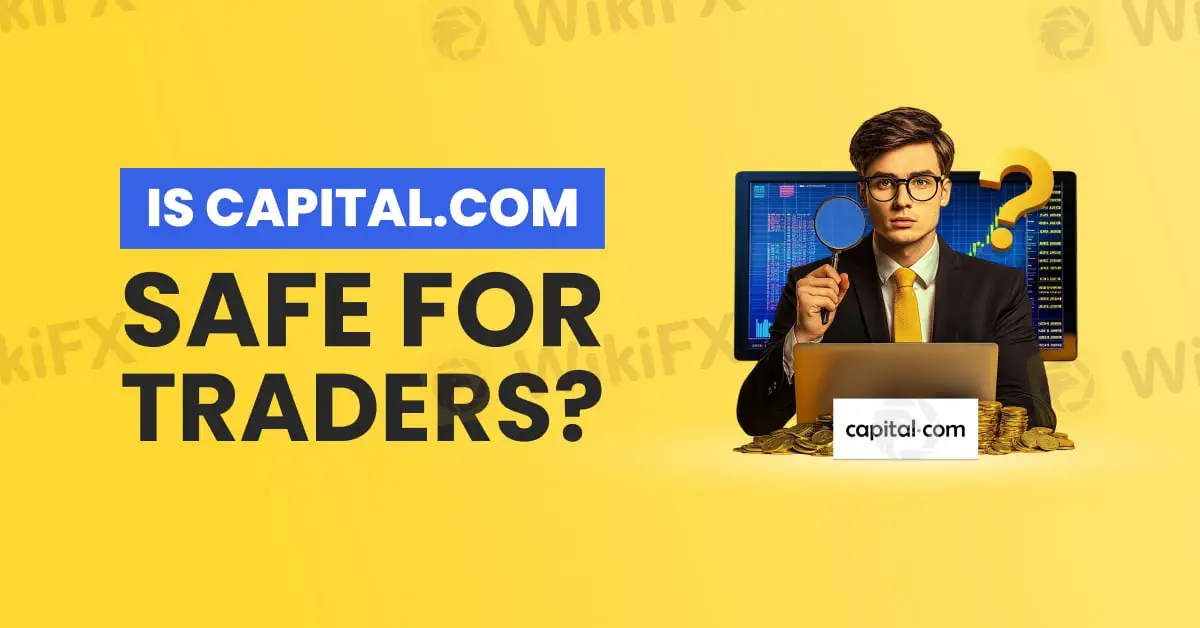
In online trading, danger doesn‘t always announce itself with flashing red lights. Sometimes, it hides behind a sleek, professional-looking platform with just one click away from taking your deposit and vanishing into the digital shadows. Every year, countless traders learn the hard way that the broker they trusted wasn’t as safe as it seemed. The difference between protecting your capital and losing it often comes down to one crucial decision: choosing the right broker.
One name making waves in trading circles is Capital.com. Its discussed in forums, advertised across social media, and praised in trading communities. But is the hype deserved? Is Capital.com truly a safe place for traders or just another polished façade waiting to crack under pressure? The answer lies in its regulatory backbone and in whether traders know how to verify it.
Capital.com wears its regulatory credentials proudly. The broker holds five active licences from some of the world‘s most reputable financial watchdogs, including the Australian Securities and Investments Commission (ASIC), the UK’s Financial Conduct Authority (FCA), and the Cyprus Securities and Exchange Commission (CySEC). These arent just decorative s; each regulator enforces strict rules designed to protect client funds and keep operations transparent.
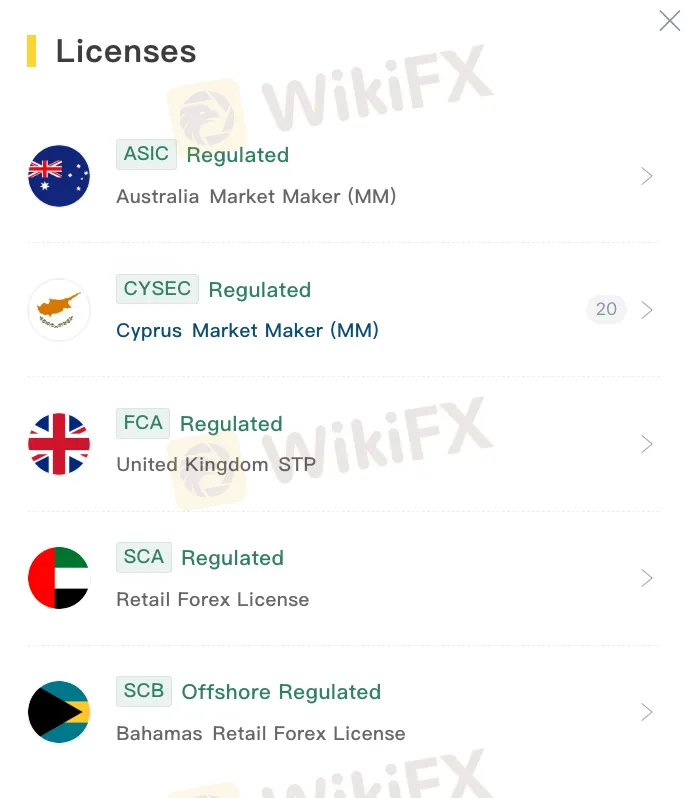
One of the most notable is its ASIC licence, number 513393. ASIC is known globally as one of the toughest financial regulators, ensuring companies treat clients fairly, follow strict operational standards, and safeguard customer funds. Passing ASICs scrutiny is a strong signal of credibility.
Capital.com is also regulated by CySEC, under licence number 319/17. CySEC operates within the MiFID II framework, which standardises investor protection and transparency rules across the European Economic Area. For traders, this means a high level of protection when dealing with a CySEC-authorised broker.
In the UK, Capital.com operates under licence number 793714 from the FCA. The FCA is widely regarded as one of the strictest regulators in the world, requiring brokers to operate transparently, keep client funds separate from company funds, and meet stringent financial stability requirements. Traders with an FCA-licensed broker can feel confident theyre dealing with a company that plays by the rules.
The broker has also expanded into the Middle East, securing a licence from the Securities and Commodities Authority (SCA) in the United Arab Emirates, under licence number 20200000176. The SCA enforces international compliance standards, ensuring financial firms in the UAE operate with integrity and transparency, which is a key safeguard in this fast-growing market.
Lastly, Capital.com holds a licence from the Securities Commission of the Bahamas, with registration number SIA-F245. While the Bahamas has historically been seen as an offshore hub, its financial laws have tightened in recent years to improve investor protection and combat misconduct. This shows Capital.coms commitment to building a truly global regulatory footprint.

This network of licences paints a picture of a broker committed to compliance, but here‘s where traders must stay alert: regulation alone doesn’t guarantee safety. Brokers can change, rules can shift, and even reputable firms can run into problems. Too many traders skip due diligence, relying solely on first impressions or marketing claims. That‘s a dangerous gamble, and it’s exactly how people lose their hard-earned money.
This is why professional traders turn to WikiFX before investing a single dollar. WikiFX lets you instantly verify a brokers licensing status, review any regulatory warnings, and read real trader feedback - all for free! In seconds, you can uncover hidden risks, spot red flags, and confirm whether a broker truly operates under the licences it claims.
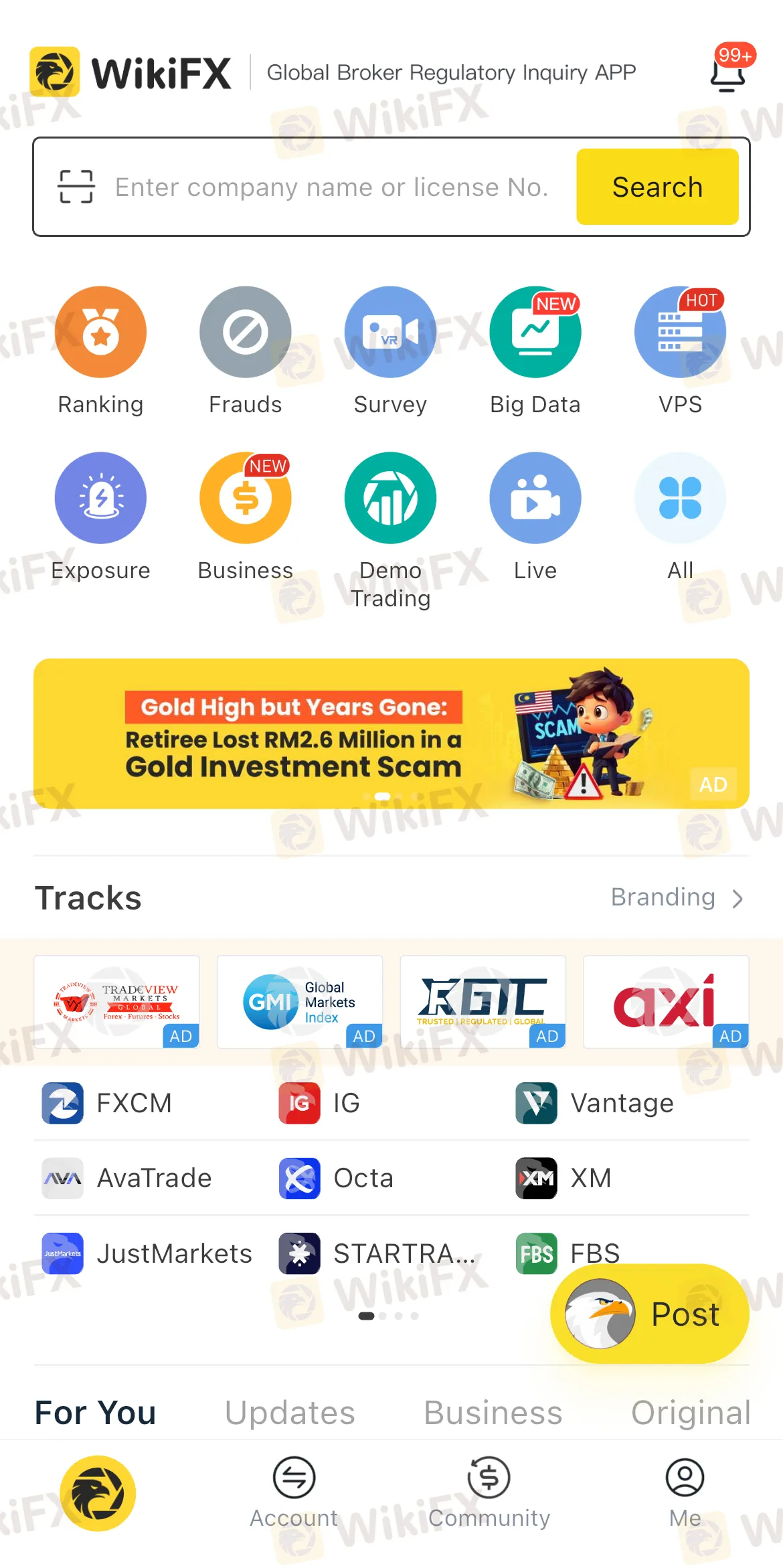
In online trading, information isn‘t just power, but ultimate protection. Skipping this step is like driving at night without headlights: you might make it a short distance, but disaster is inevitable. Whether you’re considering Capital.com or any other broker, take five minutes to check them on WikiFX. That single action could save you from costly mistakes as well as give you the confidence to trade knowing exactly who youre dealing with.
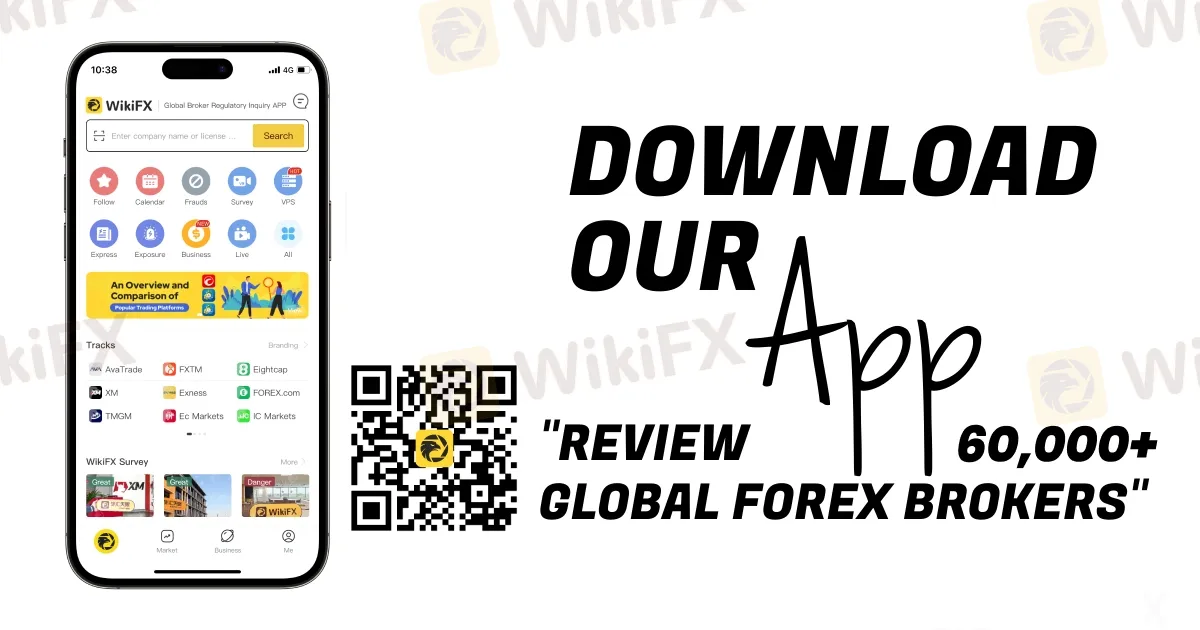
Read more
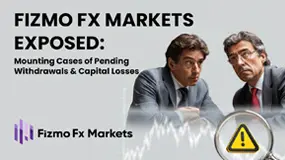
Fizmo Fx Markets Exposed: Mounting Cases of Pending Withdrawals & Capital Losses
Are your fund withdrawal requests pending at Fizmo Fx Markets? Do you get scammed of your hard-earned capital? Has your forex trading account been blocked by the broker for no reason? These trading issues are no longer a surprise for traders, as many of them have highlighted these on broker review platforms online. In this article, we will share some reviews of Fizmo Fx Markets 2025. Read on!
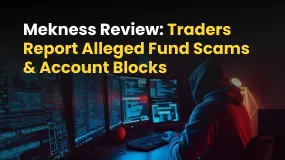
Mekness Review: Traders Report Alleged Fund Scams & Account Blocks
Do you witness only fund losses while trading via the Mekness platform? Does the Saint Lucia-based forex broker block your account while earning profits? Haplessly waiting for the support but nothing comes out from the broker’s end? These are nothing new for this forex broker as it constantly receives flak from traders for its illegitimate acts. Broker review platforms are flooded with negative comments from traders. In this article, we will share some reviews of Mekness.
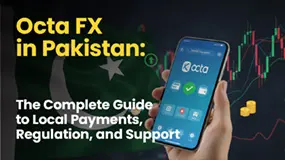
Octa FX in Pakistan: The Complete Guide to Local Payments, Regulation, and Support
For traders in Pakistan, the name Octa FX is well-known. Its growing popularity brings up two important questions: "How can I add money to my account from Pakistan using local methods?" and "Is it safe and legal to use Octa FX here?" These are not just small details; they are the main concerns that decide whether a trader can work effectively and safely. This guide is made to give complete, step-by-step answers to these exact questions.
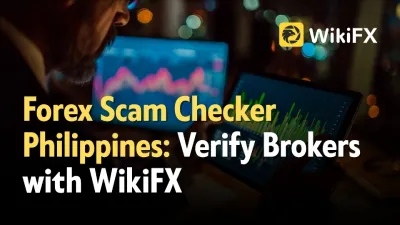
Forex Scam Checker Philippines: Verify Brokers with WikiFX
Protect your investments in the Philippines with WikiFX, the trusted forex scam checker app that helps traders verify brokers and avoid fraud.
WikiFX Broker
Latest News
UAE Launches Sixth 'Caution' Campaign to Combat Forex and Online Investment Fraud
US and UK Sanction Cambodia-Based Prince Group Over $16B Scam
David Stockman On How The Fed's Money Printing Broke American Industry... And What Comes Next
Forex24 Faces CySEC Fine for Late Compliance Filing
"Our Business Has Died": Texas Services Sector Sentiment Slumps Further In October
One Wrong Move Wiped Out a Government Retiree’s Lifetime Savings
INTERPOL, AFRIPOL Crack Down on Africa Terror Finance
Forex Scam Checker Philippines: Verify Brokers with WikiFX
MH Markets Review 2025: Trading Platforms, Pros and Cons
Mekness Review: Traders Report Alleged Fund Scams & Account Blocks
Rate Calc


